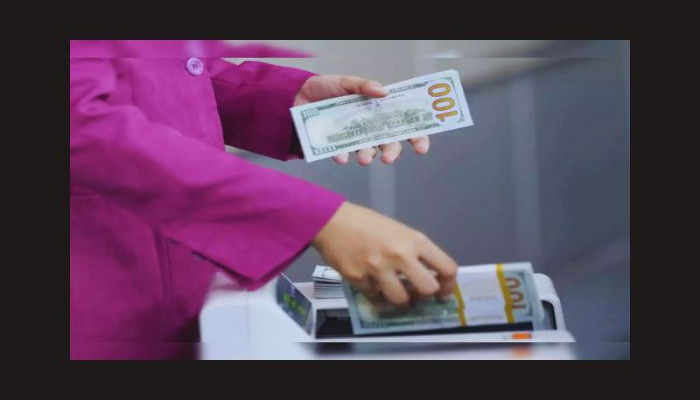China urges State Banks to limit US dollar buying amid trade tensions
- In Reports
- 07:57 PM, Apr 09, 2025
- Myind Staff
In response to rising trade tensions with the United States, China’s central bank has instructed major state-owned lenders to scale back their U.S. dollar purchases in an effort to prevent sharp declines in the yuan. According to sources with direct knowledge of the matter, the People’s Bank of China (PBOC) issued informal guidance this week, advising banks to refrain from buying dollars for their proprietary trading accounts.
The move is part of Beijing’s broader strategy to stabilise the currency and maintain investor confidence, even as the yuan continues to weaken under the strain of heightened U.S. tariffs on Chinese goods and retaliatory measures from Beijing.
PBOC Tightens Oversight on Dollar Transactions
Three sources confirmed that the PBOC issued what is known as "window guidance"—a non-public method of policy signalling used to influence market behaviour. In addition to curbing direct dollar purchases by state banks, authorities also instructed financial institutions to intensify scrutiny when processing dollar-buying orders on behalf of clients. One source noted that this step is widely seen as a measure to deter speculative trading against the yuan.
Traders observed that large state-run banks were actively selling U.S. dollars and purchasing yuan in the onshore spot market on Wednesday. This intervention aimed to slow the currency’s decline, which has accelerated over recent weeks.
Yuan Hits New Lows as China Rejects Sharp Devaluation
The yuan has already depreciated by about 1.3% this month and was trading at 7.35 per dollar on Wednesday. Meanwhile, the offshore yuan reached a historic low overnight. Despite this pressure, Beijing is steering clear of any significant devaluation of its currency.
According to three policy advisers and a banker familiar with internal central bank discussions, the PBOC is committed to avoiding drastic depreciation. “A sharp depreciation will not happen as that could hurt market confidence, but a modest depreciation will help exports,” one adviser said. They added that measures such as subsidies, tax rebates, and diversification of export markets should also be considered to support key industries.
Economic Stability Remains a Priority for China
While the deepening trade war with the United States continues to erode the competitiveness of China’s massive export sector, the PBOC remains focused on ensuring financial market stability. The central bank’s efforts to limit volatility in the yuan underscore its broader goal of maintaining economic confidence amid external shocks.
The PBOC did not immediately respond to a request for comment from Reuters. All individuals who provided information requested anonymity due to the sensitive nature of market-related directives.
As trade hostilities grow more intense, Beijing’s careful currency management reflects its intent to shield domestic markets from further disruption while resisting pressures that could destabilise its financial system.







Comments